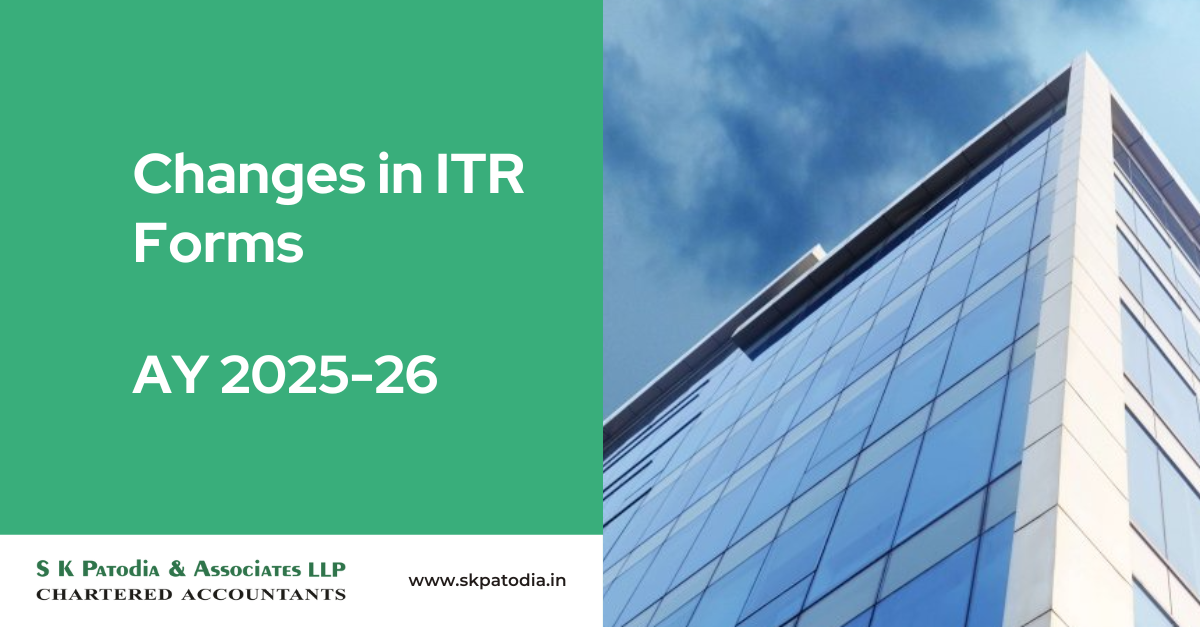What is Swachh Bharat Cess (SBC)?
The Swachh Bharat Mission (SBM) was initiated and officially launched by the government of India on 2nd Oct, 2014 by the Hon’ble Prime Minister with an aim to accomplish the vision of ‘Clean India’. The campaign covers approximately 4,041 statutory cities and towns to clean the roads, streets, localities and infrastructure of the nation. The Swachh Bharat Mission requires an investment of `62,009 crores (US$ 9.4 billion approx.), out of which `14,623 crores (i.e.; US$ 2.2 billion approx.) shall be made available by the Central government. With a view to meet the funding requirements for the said Mission, the government has planned to raise funds by imposing the Swachh Bharat Cess (SBC) on Service Tax apart from the other sources.
Levy and Collection of the Swachh Bharat Cess (SBC) on Service Tax
The provisions related to the levy, imposition and collection of SBC are contained in the Chapter VI (Section 119) of the Finance Act, 2015. The SBC shall be levied on all taxable services at the rate not exceeding 2% of the value of taxable services. The Hon’ble Finance Minister, while informing the House of Parliament on the matter, stated as under: “It is also proposed to have an enabling provision to levy Swachh Bharat Cess at a rate of 2% or less on all or certain services, if need arises. This cess will be effective from a date to be notified. Resources generated from this cess will be utilized for financing and promoting initiatives towards Swachh Bharat.” Thus, the provisions of Section 119 has come into force w.e.f. 15th Nov, 2015 as declared by the government of India and the SBC shall be imposed from the said date at the rate of 0.5% on all taxable services. As regards collection, the funds raised through SBC shall first be credited to The Consolidated Fund of India and thereafter, the Central Government may, utilize such funds for the purposes, after the Parliament makes due appropriation of the funds. Thus, the funds raised through the imposition of SBC shall be utilized wholly and exclusively for financing and promoting the Swachh Bharat Initiatives or any matter relating thereto.
Determination of Point of Taxation.
The Point of Taxation of SBC shall be determined in accordance with Rule – 5 of the Point of Taxation Rules, 2011.
Swachh Bharat Cess (SBC) in Case of Exempt Services
As discussed earlier, the SBC is to be levied on all taxable services. Thus, the exempt services fall outside the periphery of the imposition of SBC. Thus, any service which is covered in the Mega Exemption Notification or falls under any category of the Negative List shall not be subject to SBC as these services are not taxable.
Swachh Bharat Cess (SBC) in case of Abatement:
Abatement implies the exemption of a certain percentage of the value of taxable services. Thus, in Case of abatement, SBC shall be applicable and be levied only on that portion of the service which is taxable and no cess in the name of SBC shall be levied or imposed on that part of service which has been exempt owing to the provision of abatement made effective by the government.
SBC would be applicable on the same portion of service as the Service Tax, i.e.; 40% and 60% in case of the restaurant services and the catering services respectively.
Swachh Bharat Cess (SBC) and reverse charge mechanism
In case of Reverse Charge Mechanism, the Point of Taxation of SBC shall also be determined in accordance with Rule 7of the Point of Taxation Rules, 2011 as is applicable in case of determining the Point of Taxation of Service Tax under Reverse Charge Mechanism.
Swachh Bharat Cess (SBC) and CENVAT credit
It is noteworthy to mention that SBC has not been included in the chain of CENVAT Credit. Thus, CENVAT Credit can neither be booked nor availed in respect of SBC. In cases where any reversal is needed to be provided in respect of any amount of CENVAT Credit booked earlier, no reversal would be required to be made in respect of the amount of SBC as no credit is booked in the first instance.
SBC needs to be mentioned separately in the invoice as a different line item after Service Tax. It is to be noted that SBC shall be levied, imposed and collected independent of the Service Tax.
SBC is to be levied at a rate of 0.5% on the value of taxable services. SBC is not to be imposed on the amount of tax liability. Rather, it is to be imposed directly on the value of taxable services.
Hence, in light of the above discussion, we can conclude that SBC would raise a substantial amount of funds for the Government of India (estimated at `10,000 crores per annum) to meet the huge funding requirements of the SBM apart from the other sources. SBC would help to foster the implementation of the Swachh Bharat Mission which would further pave way to accomplishing the objective of ‘Clean India’. However, at the same time, it would also increase the tax burden. Due to the non – availability of CENVAT Credit, it will result in cascading effect of the cess.




